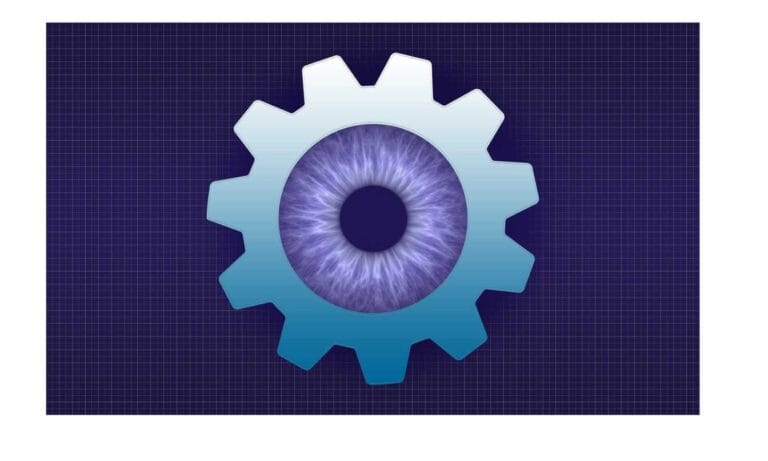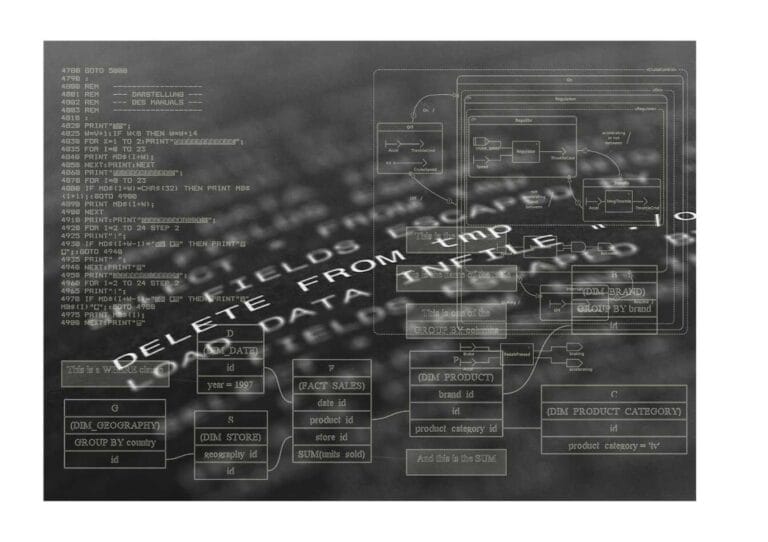Last updated on December 20th, 2025 at 06:34 am
I’ll just go ahead and admit it when I first learned about quantum computing coming together with AI, it sounded totally straight out of a sci-fi movie. Well, the kind of thing that was in labs with guys in white coats, not something regular people could find out about.
And then I found about IBM giving free access to their quantum computer, and it just hit me: this shit is real and something you can do, you don’t need a PhD to start.
Here’s what I found after spending way too many late nights trying to get qubits and quantum gates into my stupid head.
Table of Contents
Get in the Right Mindset (Not Math)
And that’s the mistake everyone makes you don’t have to be an expert in quantum physics when you begin. I spent weeks reading heavy textbooks, only to eventually learn that the best way to learn is by doing.
IBM provides access for free to real quantum processors via their cloud and the Qiskit includes tutorials for all levels of experience from beginner to advanced. I began there, mucking about with simple quantum circuits, and I’ll be frank? It was the most sensible thing I’d heard in any textbook.
The secret is in treating it all like learning to code you didn’t have a full understanding of how computers work before writing that first “Hello World” program, did you?
Pick Your Free Playground
The best part about 2025? With it you can fiddle around on a real quantum computer, absolutely for free. Here’s where I spent time, in reality:
This made me turn to IBM Quantum Experience. They also offer free access to quantum processors and simulators, and their Qiskit textbook is in depth with real code examples. I’d run circuits, watch them fail in spectacular fashion and eventually figure out why.
Black Opal was GAME CHANGER for me. This interactive platform opens quantum computing to non-experts providing hands-on exercises and a visual coding environment basic access is free, with pro features for $9.99/month.Expressions of Quantum Computation Based on Linear AlgebraXX. It’s kind of gamified, which sounds corny but is actually effective. You are solving puzzles rather than memorizing formulas.
Microsoft’s Quantum Development Kit is tight if you prefer to learn in a structured way. Their Q# programming language also includes simulators and Quantum Katas (a system of self-paced, gamifie d programming challenges for learning quantum algorithms).
I experimented with all three before finding a rhythm: Black Opal for concepts, IBM for playing around with actual hardware and Microsoft’s Katas when I craved structured practice.
The Path to Learning That Worked (For Me)
Month one was messy. I hopped around different resources, watched YouTube videos at 2x speed and retained practically nothing. Then I discovered an addiction that held:
Week 1-2: Utilized Black Opal’s visual interface to comprehend superposition and entanglement. There’s no code yet just interactive demos that demonstrated for me what qubits even did, really.
Week 3-4: Delved into the beginner tutorials by IBM. Write my first quantum circuit in Python. It was a measurement on a qubit in superposition. Mind-blowing? Not really. But it was on a real quantum computer, which was kind of neat.
Month 2+: Began dabbling in quantum machine learning with PennyLane’s tutorials and educational materials, which are especially solid in getting to grips with the kinds of applications AI can have within a quantum context. “We saw a way to make everything click here’s how quantum circuits can potentially speed up training of A.I.,” Dr. Preskill said, and all the abstractions felt real.
What You Really Need to Know
Well here is what surprised me: You don’t need it. You need to know Python and rudimentary linear algebra (like, from high school) and to be curious. That’s it.
Free courses from institutions like MIT and TU Delft can be audited online some of these platforms have structured curado that provide theoretical and practical basics. I audited MIT’s quantum fundamentals — watched lectures while I cooked dinner, and I could hit pause when things went over my head.
The math is, at first glance, scary to the extreme. Bra-ket notation, complex numbers and probability amplitudes. But honestly? You pick it up as you go. I still don’t understand all the theory, and I’m actually building working quantum circuits.”
The Reality Check
Real talk: This is hard. Qubits are highly perturbable, and even in the best qubit technologies many decay to their ground state inside microseconds or milliseconds failure rates for a single logical gate operation may be 0.1-1%. Your circuits will fail. A lot. That’s part of the learning.
But here’s why I soldier on: If you listen to the experts (as one must), we’re likely to have essentially usable quantum computing in 5 to 10 years Google’s stated goal is error-corrected machine-room-sized quantum computers by 2029. We’re not learning this so that it will be useful in a far-off future it’s already happening.
Start small. Pick one platform. Spend 30 minutes a day. Don’t worry about understanding everything. I still “what is quantum entanglement” every few weeks, because it’s that weird.
The quantum AI revolution is not on its way it’s already here. And the barrier to entry? Way lower than you think.
FAQs
Do I have to learn quantum physics in order to begin learning quantum computing?
Not really. I had no background in physics and wrote while learning. You need to know something about the basics of quantum mechanics, computer science (especially Python), and basic linear algebra many free courses teach from first principles and don’t assume high-level knowledge of physics.
You could think of it as learning to drive before grasping the principles of combustion engines.
Surely I cannot really get my own quantum computers for free?
Yes! secure access to quantum computers yes! through Quantum-as-a-Service providers such as IBM Quantum Experience, Microsoft Azure Quantum, Amazon Braket and Google Quantum AI most supply free tiers for learning and experimenting. I have been using IBM’s free tier for months now without bumping into the limits.
You’re not getting gargantuan computing power, but you get enough to learn, and build real quantum circuits.
How long does it take you to make something useful?
Honestly? (Well, that depends upon the meaning of “useful.”) I made my first one (working quantum circuit) in roughly three weeks it just measured superposition, nothing fancy. Real quantum machine learning models? It took me a couple of months of diligent practice.
But the rub is this: quantum computing, thanks to a property called speed-up, could drastically shrink the training time for AI from months down to merely several days because quantum algorithms can cull through vast amounts of data (such as relevant features in large datasets) exponentially faster than classical ones. You’re learning skills that will be in very high demand as the technology gets more mature.
I’m a technology writer with a passion for AI and digital marketing. I create engaging and useful content that bridges the gap between complex technology concepts and digital technologies. My writing makes the process easy and curious. and encourage participation I continue to research innovation and technology. Let’s connect and talk technology!



